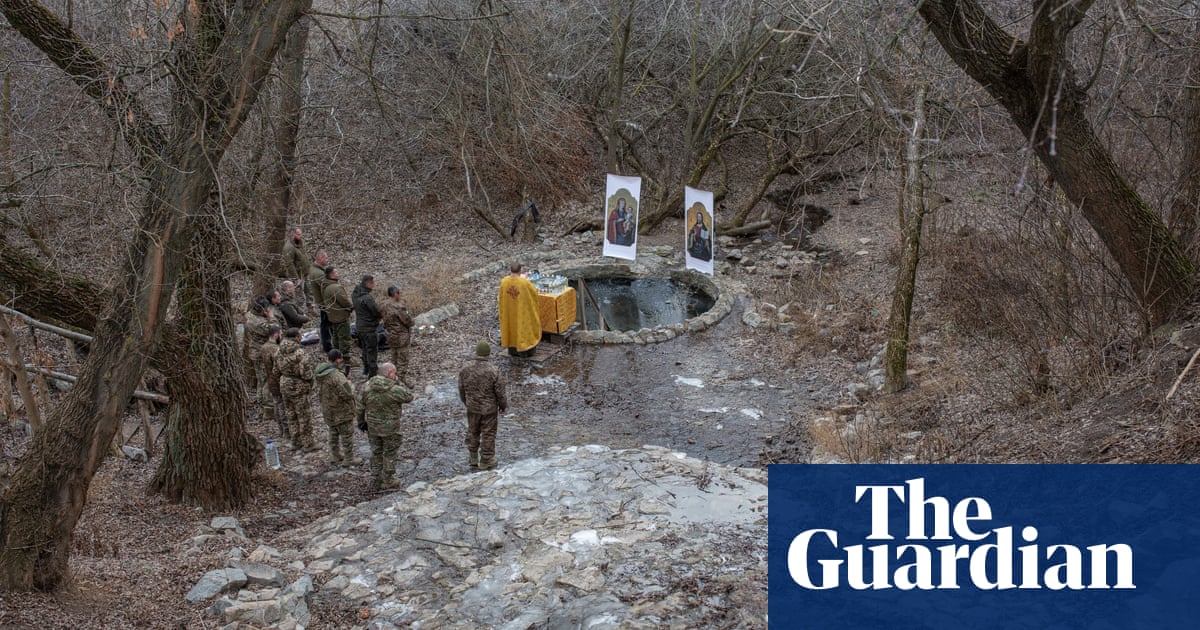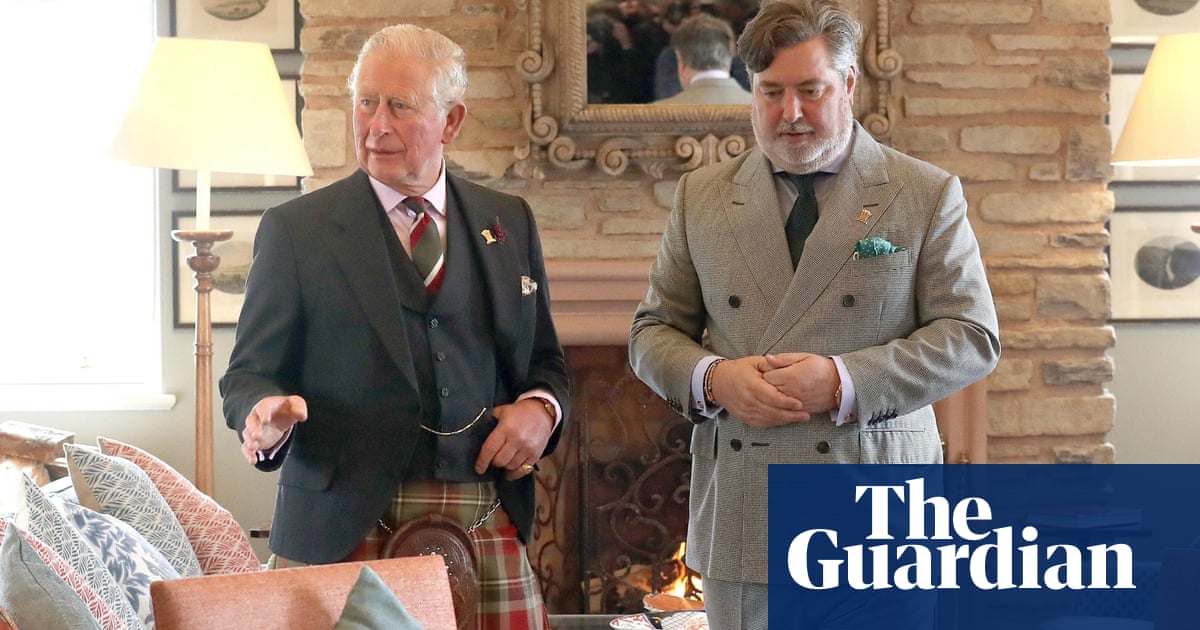The best thing that happened to me during the whole of the pandemic was a story on the internet. An Oregon resident, furloughed, saw on a daytime nature documentary that, if you fed crows, they would bring you small gifts. Curious, they tried it, and were delighted to find themselves in effective possession of a 15-strong crow family – but then things took a dark turn. The crows became an army, fiercely protective of their leader’s property. If neighbours came near, the crows would dive-bomb them. “To be clear,” the person wrote on Reddit, “they’re not aggressive 100% of the time. If just the neighbours are out [on their own porch], they are friendly, normal crows. They only get aggressive when someone gets close to me or my property.”
It’s such a lovely phrase, “friendly, normal crows”; it’s just a pity that it’s an oxymoron. Crows are the most prodigious grudge-holders, which a professor of wildlife at Washington University, John Marzluff, discovered by capturing seven of the birds while wearing an ogre mask in 2006. A full 17 years later, crows were still regularly attacking him. Even if you were to query the ethics of his original experiment, you’d have to admit that he paid a high price. How such a thing is possible when the lifespan of a crow is only 12 years is this: not only can they hold a grudge, they can also pass it on to one another. Originally, even birds that witnessed the ogre-trap attacked Marzluff, then over time they transmitted the hostility to their offspring, creating a multigenerational grudge.
We can’t say this for certain, given there are so many species and only one Marzluff, but it seems likely to me that we are the only species who can match this level of grudge-holding, without which there would be no Romeo and Juliet, no Wuthering Heights and no Lee “the Jester” Greig and Drew Galloway, the professional wrestlers whose career-long animus propelled them to, well, maybe not worldwide fame, but certainly to a lot more wrestling. I personally don’t have the concentration span for a grudge; I started a feud with my sister once – a vast grievance, set down on paper – and it evaporated in 15 seconds, when at a family gathering, she said she liked my mascara.
The cliche about resentment is that it’s like eating poison and waiting for the other person to die; ultimately, you’ll only harm yourself. There is a huge body of research on grudge-bearing’s opposite, forgiveness, and its benefits to health, which include but are not limited to better cardiovascular, immune and respiratory systems. You also have to wonder what bitterness says about you personally; a research paper in 2021 – around the same time the crow army was getting going – identified the drives and traits of the grudge holder: “a need for validation, moral superiority, inability to let go, latency (ie, existing but not manifest), severing ties”. Do you want to be that person? Because they sound like a prick, no?
Yet the fact that it exists in the animal kingdom surely suggests that there’s some evolutionary benefit to it, which is the case Robert Enright, a psychologist from the University of Wisconsin-Madison, makes: particularly among athletes, short-term grudges have an observable motivational effect.
It’s only when they are so pronounced and long range as to become part of your identity that they’re a problem, effectively trapping you in a dyad with your nemesis, so that you can’t grow unless they do, and you will never know whether they have, because their identity has calcified in your mind. Paradoxically, this leaves you quite dependent on them, which I observed when my father died, and my mother – who’d separated from him 25 years before, but nursed a healthy, even life-affirming rage all that time – had a heart attack. I wonder if she’d mind that – either my interpretation, or my saying it so publicly. She’ll just have to wear it, unfortunately, because I’m on a deadline.
Here, the multigenerational grudge looks particularly problematic: the original insult is only totemic to the second generation, which ironically makes it harder to shift, even while it is less authentically felt.
That Oregon resident, by the way, was given a solution by the local Audubon Society: if the neighbours also started feeding the crows, the grudge would vanish and the crows would happily split their fealty between multiple households. This worked, and maybe holds a wider lesson: grudges are great, but always leave space for yourself to row back, for the right enticement.
-
Zoe Williams is a Guardian columnist

.png) 2 months ago
15
2 months ago
15













































